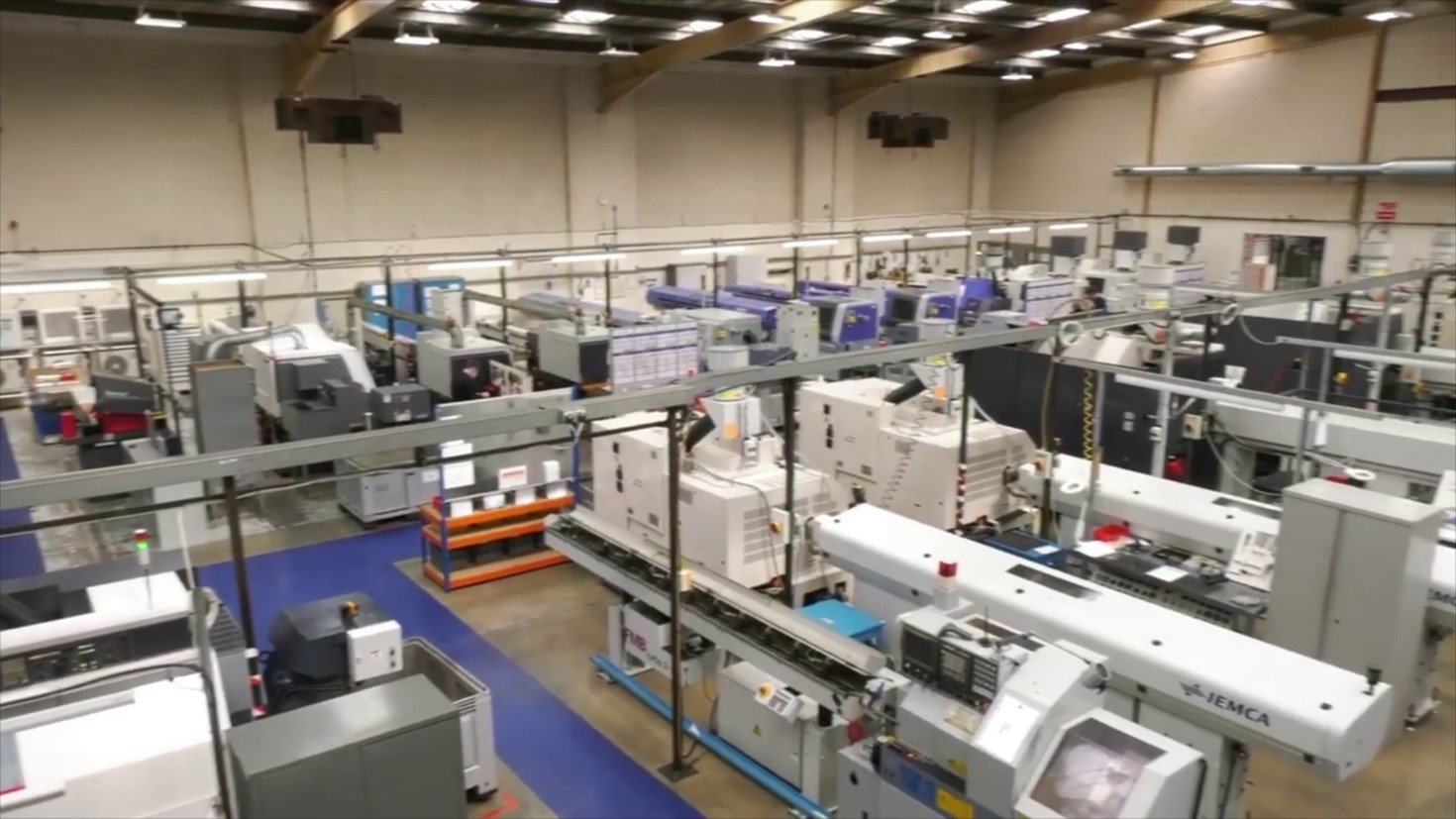Cleaning the air from oil and dust in mechanical workshops? Opening doors is not necessary with the help of specific industrial filtration systems
There are solutions able to clean the air from both dust and waste oils produced by mechanical processing, but above all in compliance with D.Lgs.81/08 Annex IV. In fact, opening the doors of the workshop would not help to ensure a suitable working environment in terms of lighting, temperature and air exchange, but on the other hand could cause damage to the health of workers due to exposure to cold currents and rich in pollutants, leading to a premature consumption of production lines, increasing air pollution and costs for heating.
This is why choosing the most suitable air filtration and cleaning system is the most advantageous solution on many aspects.
An investment that will amortize over time thanks to the economic savings related to the management of the systems and the heating of the building, in addition, damage to the health of workers will be avoided as much as possible and the environment will be preserved.
How do we clean the air of dust and oil in mechanical workshops?
It is important to highlight that each pollutant requires a specific filtration system; in fact, depending on the nature of the pollutant, a solution suitable for handling oils rather than dust is required.
From this starting point we can list some of the systems most commonly used in mechanical workshops for air pollution control:
- Cartridge filters for both indoor and outdoor installations, able to operate also in continuous cycle and ideal in the presence of dry fumes and dusts;
- Bag filters, solutions that are suitable for medium-light applications and in the presence of dry fumes and dusts;
- Suction benches, ideal for the suction of dust deriving from welding, grinding and polishing operations;
- Coalescence filters for the separation of oil particles and smoke from the air, suitable for very heavy mechanical processing;
- Centrifugal filters for the filtration of oil mists, which can be easily installed on board of the machine due to their reduced dimensions;
- Centralized modular filters for the abatement of emulsified oil mists.
There are many possibilities and the choice will have to be linked not only to the type of pollutant to be abated, but also to the complexity of the work and the capacity of the same. In any case the opening of gates will never be the solution to adopt.


